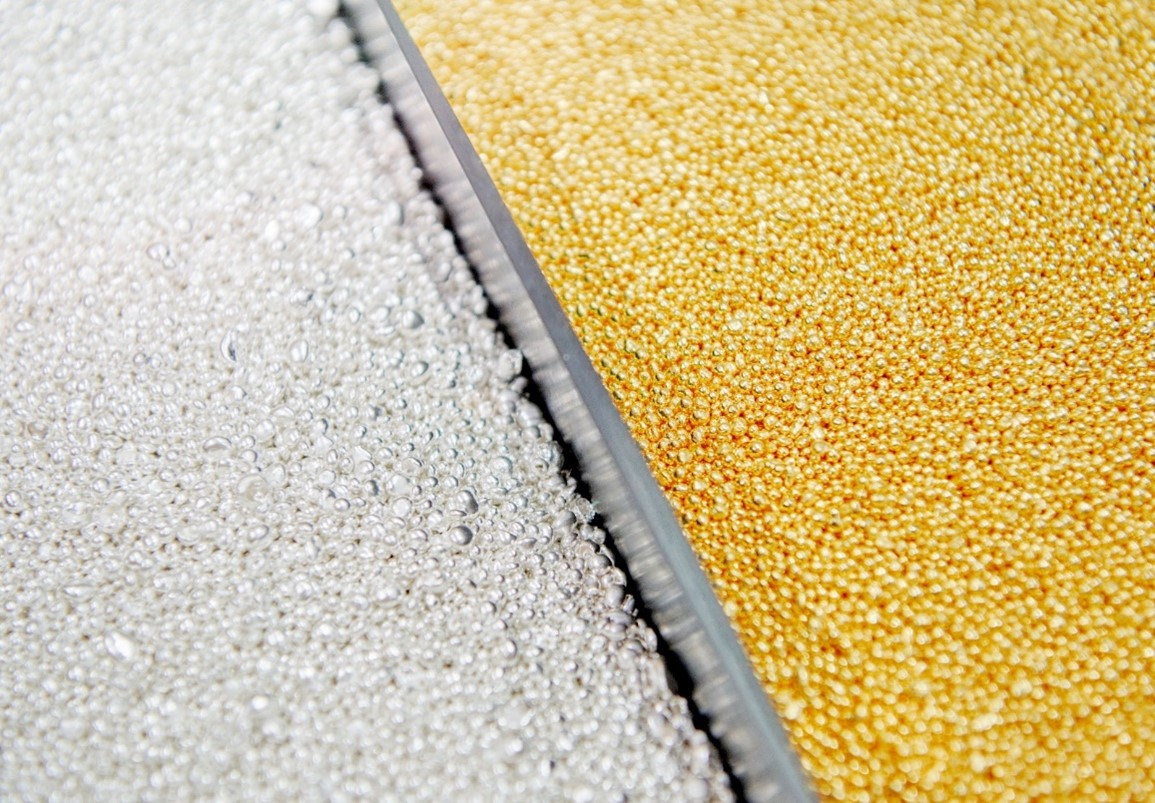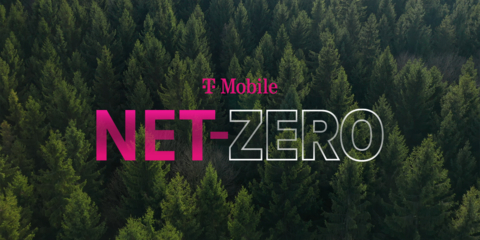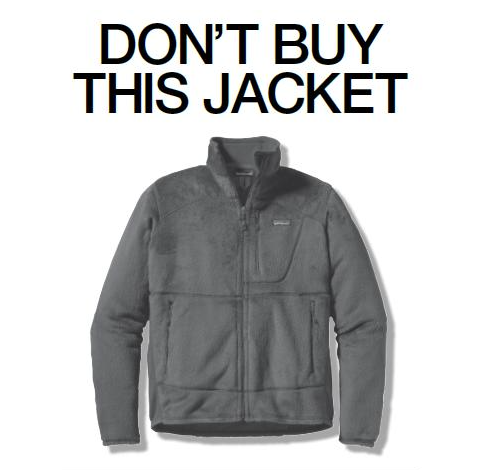Innumerable businesses, both big and small, have publicly announced climate pledges and emission reduction goals in the past few years. And, rightfully so, these ambitious sustainability commitments were met with positive press coverage and praise. Since then, many brands and businesses have revised timelines or reduced self-imposed guidelines.
While some companies are falling short of their initial goals, there are plenty of others following through on or even surpassing their sustainability standards.

Photo Courtesy Pandora
Pandora’s (Recycled) Box
In 2020, the jewelry designer and retailer pledged to transition its supply chain to 100% recycled gold and silver by 2025. Spoiler: Pandora is ahead of schedule. Just a few weeks ago, the brand announced that it is now sourcing only recycled gold and silver for all its jewelry.
Value chains are a major source of greenhouse gas emissions for fashion and jewelry retailers, meaning sustainability programs that target all parts of the supply chain are often more effective in total impact.
According to the company, Pandora’s shift to recycled gold and silver will cut 58,000 tons of carbon dioxide emissions from its carbon footprint, largely on the supply side.
It also said recycling silver creates only one-third of the total emissions made by traditional silver mining, and recycling gold emits 99% less carbon than mining for new gold.

Photo Courtesy Business Wire
T-Mobile’s Renewable Transition
When you think of sustainable companies, T-Mobile probably isn’t near the top of your list. However, the Washington-based software and telecom company has stood out among its competitors for its continued commitment to cut carbon emissions. A 2023 USA Today and Statista report took 2,000 U.S.-based companies that exceeded $50 million in revenue and filtered out companies without emissions data. It then ranked the remaining 700 companies based on their carbon reduction efforts, factoring in emissions intensity, emissions reductions, reporting transparency, and other measurements.
T-Mobile was the top-ranked company. Its 73.2% year-over-year reduction in “core emissions” was more than 10% higher than the second highest rate (Visa at 60.1%). This effort isn’t a big surprise for avid T-Mobilians (my name for fans of T-Mobile). In 2021, when many brands were just announcing climate reduction plans and targets, T-Mobile was meeting its 2018 pledge to source 100% of its total electricity usage with renewable energy.
But the company hasn’t slowed down since CEO Mike Sievert’s May 2023 blog post speaks on the firm’s commitment to a net-zero future. “We’ve made the decision as a company to move beyond managing risks and begin to take intentional measures — bigger than ever before — that will ensure a sustainable future for us all,” he said.

Photo Courtesy Patagonia
Patagonia’s Repair And Reuse Model
More than a decade has passed since its infamous “Don’t Buy This Jacket” Black Friday advertisement. And, the eternal debate on whether the ad had a good, bad, or neutral impact on the environment notwithstanding, it highlights an important distinction between Patagonia and the other companies featured on this list: Patagonia has always been associated with environmentalism. Being an outdoor apparel brand certainly makes the association easier, but even beyond that, Patagonia has long focused on keeping its carbon footprint low and impact high.
Patagonia is often in the headlines for innovative ad campaigns and sustainable partnerships, but its commitment to repairing and reusing clothing should not be overlooked.
The outdoor apparel brand operates North America’s largest apparel repair center in Reno, Nevada.
The brand launched its Worn Wear program online in 2017, offering store credits in exchange for worn products that it repairs and resells. Since its launch, it has constantly innovated the program, including collecting poorly worn products (or, as the company put it, “well-loved”) and hosting traveling events that teach clothing repair and collect clothes.
What’s Next?
Significantly reducing our collective carbon footprint to protect the planet is a difficult task. We have tons of work to do and even more tons of carbon to remove. Fortunately, companies like Pandora, T-Mobile, and Patagonia are pushing us in a positive direction and showing other businesses how to create real, positive impact for all.





